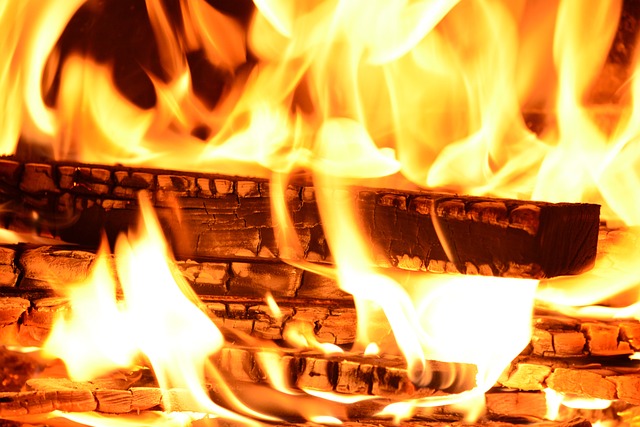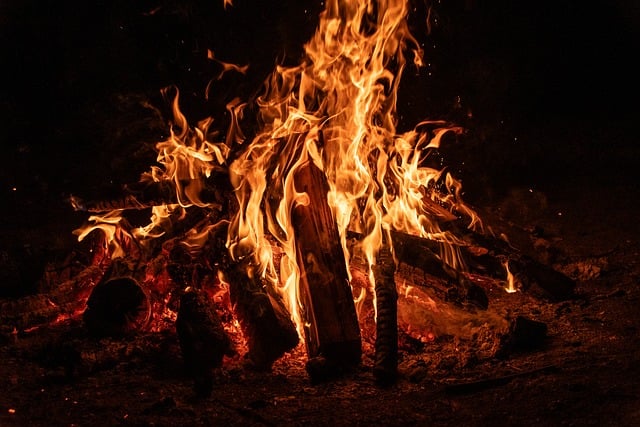In Chicago, as-is home sales allow buyers and sellers of fire-damaged houses to avoid repair costs and facilitate quick transactions. Key factors like location, property condition, and market trends significantly impact pricing, with high-value areas maintaining better prices despite damage. Sellers face legal challenges, including liability for maintenance and potential risks from negligence, requiring consultation with real estate attorneys. Practical steps involve thorough inspections, transparent disclosure, exploring insurance claims and assistance programs, and understanding Chicago's regulations for selling fire-damaged properties.
“Uncover the intriguing world of as-is home sales in Chicago, where properties with unique challenges present a distinct market opportunity. This article explores the vibrant yet niche segment of selling fire-damaged homes in the city. We delve into the factors driving demand, from market trends to legal aspects, providing insights for both sellers and buyers navigating this specialized space. Discover how these transactions offer both opportunities and considerations, shaping the Chicago real estate landscape.”
- Understanding As-Is Home Sales in Chicago
- The Market for Fire Damaged Properties
- Factors Influencing Prices and Demand
- Legal and Practical Considerations for Sellers
Understanding As-Is Home Sales in Chicago
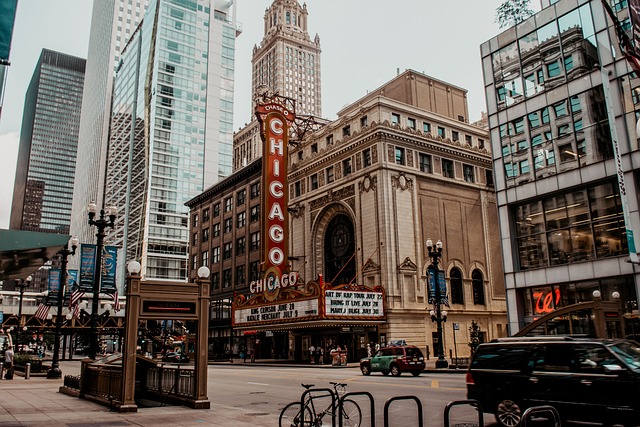
In Chicago, as-is home sales refer to transactions where properties are sold in their current state, without any repairs or renovations being made by the buyer or seller. This type of sale is particularly relevant for those looking to buy a fire-damaged house in Chicago. These properties often present unique opportunities due to their potential for restoration and future value appreciation, especially in a competitive real estate market like Chicago’s.
Understanding as-is home sales allows buyers to secure properties at potentially lower prices, while sellers can avoid the costs and time associated with repairs. For fire-damaged homes, this model facilitates a swift sale for homeowners looking to move on, providing an efficient solution. Buyers, in turn, can acquire these properties, rehabilitate them, and either live in them or flip them for profit, contributing to Chicago’s ever-evolving real estate landscape.
The Market for Fire Damaged Properties
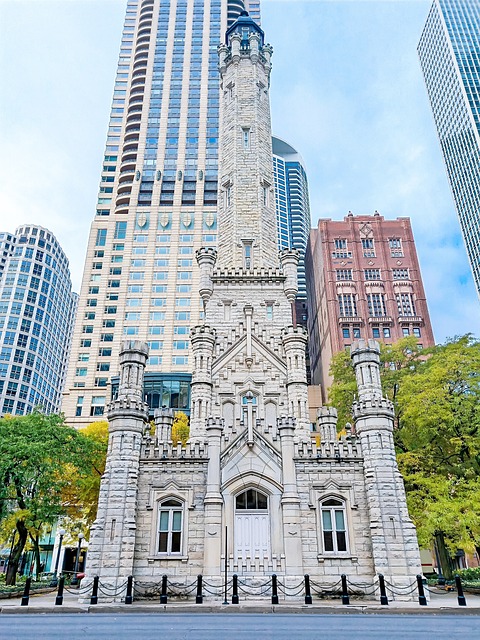
The market for fire-damaged properties in Chicago presents a unique opportunity and challenge for both homebuyers and sellers. With an increasing number of homes affected by fires each year, there’s a distinct segment of the real estate market that demands attention. Many buyers, particularly those seeking affordable options or interested in renovation projects, view fire-damaged houses as a chance to acquire property at potentially lower prices and turn it into their dream home. This trend has been growing, especially with the rise of home improvement shows highlighting the transformative power of renovations.
Selling a fire-damaged house in Chicago requires a strategic approach. While some buyers are eager to take on the challenge, sellers must be prepared to disclose the damage openly and provide potential buyers with transparent information about the extent of the repairs needed. The process often involves extensive renovations, from structural repairs to updating electrical systems and replacing damaged or missing features. Proper disclosure and accurate assessment of these properties can facilitate a smooth sale, ensuring that both parties are aligned in expectations.
Factors Influencing Prices and Demand
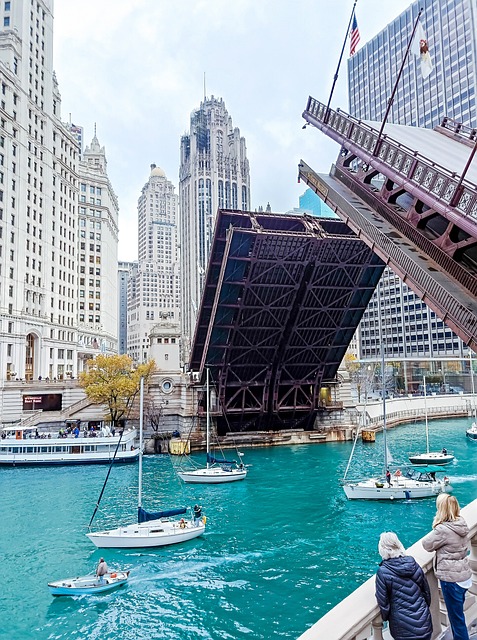
Several factors play a pivotal role in determining prices and demand for as-is home sales in Chicago, including location, property condition, and market trends. One notable consideration is the potential for selling fire-damaged houses. In areas with high property values, even a moderately damaged home might still fetch a good price due to the region’s strong real estate market. However, fire-damaged properties can significantly impact pricing if they require substantial repairs or are in less desirable neighborhoods.
The demand for these as-is homes varies across Chicago’s diverse communities. Areas with vibrant, growing populations often see steady interest, while quieter neighborhoods might experience more fluctuating demand. Additionally, the presence of local businesses, schools, and recreational facilities can enhance a property’s appeal, driving up its value and attracting buyers willing to purchase and renovate fire-damaged houses as part of Chicago’s ever-evolving real estate landscape.
Legal and Practical Considerations for Sellers
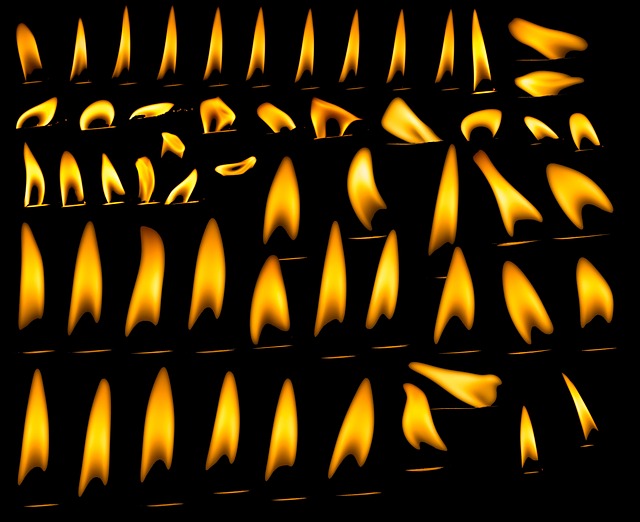
When considering to sell a fire-damaged home in Chicago, sellers must navigate several legal and practical hurdles. The first step is to assess liability and potential costs associated with the damage. In Chicago, property owners are generally responsible for maintaining their homes, so any negligence leading to the fire could result in financial consequences. Sellers must consult with attorneys specializing in real estate to understand their obligations and potential risks, especially if the fire was due to an electrical issue or another preventable cause.
Practical considerations include preparing the home for sale despite damage. While it might be tempting to leave repairs until after a sale is secured, this could deter potential buyers. A thorough inspection and transparent disclosure of all damage are crucial. Sellers can also explore options like insurance claims and assistance programs available in Chicago to help with repair costs. Additionally, understanding local regulations regarding the sale of fire-damaged properties is essential to ensure compliance throughout the process.
Selling a fire-damaged house in Chicago involves navigating a unique market with specific challenges. Understanding the factors that influence prices, recognizing the demand for these properties, and addressing legal considerations are key steps for sellers. By familiarizing themselves with the as-is sales landscape, prospective vendors can effectively market their properties to the right buyers, ensuring a successful transaction in the Chicago real estate market. This process not only allows for a new beginning but also contributes to the city’s diverse and ever-evolving housing portfolio, particularly when it comes to selling fire damaged houses in Chicago.




